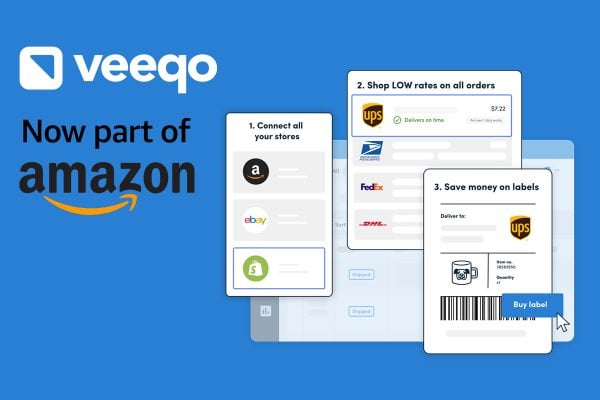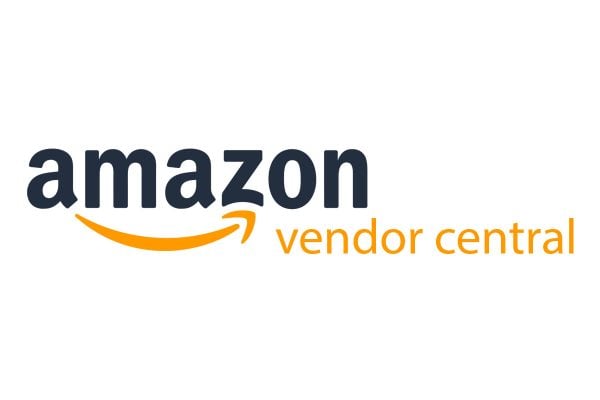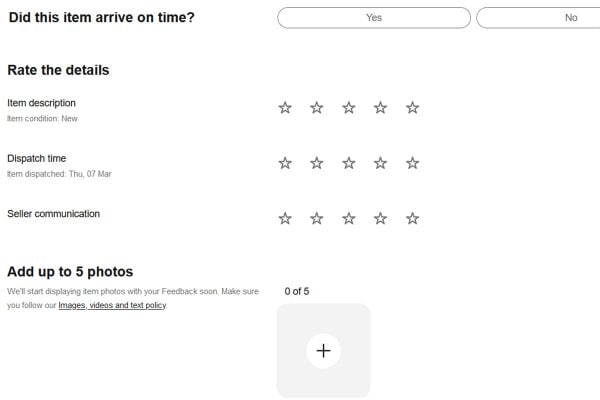Choosing a multichannel software provider is perhaps one of the biggest decisions you’ll ever have to make for your ecommerce business. A solution which is a good fit for your company can automate so many of the buying, selling and after sales processes that it’ll easily pay for itself many times over, but how do you choose the right one for you?
I’ve always strongly believed that any solution is better than no solution. Whilst there isn’t a single solution that does absolutely everything you wish it would (mainly because different companies have different priorities), any solution will automatically force you to work in a more structured manner and streamline many of the routine processes you undertake on a daily basis.
Some solutions are quite basic, perhaps all they’ll do is gather your orders and print out packing labels and invoices. Others will manage your stock across multiple marketplaces and other selling channels and perhaps even handle the listing process for you. There are a host of multichannel solutions in the Tamebay Guide which you might like to consider.
How to choose a multichannel management partner
The first thing to do is to make three lists:
-
Features you absolutely must have
This should include for example support for the primary marketplaces you sell on, integration with the couriers and postal services you use and support for your website platform.
This list should only contain the absolute essentials that you can’t function without.
-
Features you would like to have
There may be additional features you’d like a solution to perform, for instance some multichannel management platforms can list products to marketplaces whilst others can’t. Some have indepth support for managing paid search campaigns and that might be important for you.
This list should contain features which will assist you in your business, but if you found the perfect solution for you, perhaps you could use an alternative service for the one or two services you’d like that they don’t support.
-
Features you may appreciate in the future
Think about your future plans for your business, will you be expanding to new marketplaces in the future both at home and abroad? Do you want support for selling on channels such as Comparison Shopping sites or Social media? Which multichannel partners will be able to grow with you at the speed you wish to progress?
This is your wish list for future expansion. It’s worth talking to the providers on your short list to see if they will be adding support in the future if they don’t already do everything you’d like from day one.
It’s likely that no single solution will do absolutely everything you want, but you can use your three lists as a guide to rule out those solutions which don’t meet your absolute pre-requisites and narrow down prospective multichannel partners to those that do the majority of your requirements.
You’ll also want to consider cost and implementation timescales as well as ongoing support. Once you have a short list of two or three prospective partners it’s time to get real. Speak to the companies involved and assess their support and my number one tip would be to find a colleague at a reseller that uses your chosen solution and go visit them for a day to see the software in operation in a real life environment.










One Response
There’s a critical decision here that I see tripping retailers up time after time and it needs clarifying before answering any of the questions set out in this article (which are all useful and very relevant)
Retailers will always benefit from deciding what type of system they want to sit at the heart of their online sales channels before looking at any specific features or solutions. Outside of having a spreadsheet at the heart of things, the main options are as follows:
1) A multichannel inventory management system – the likes of ChannelAdvisor, Volo, Linnworks etc. These systems are designed to be the hub of all online selling, the centre point for product data, orders, fulfilment etc.
2) An ecommerce website or ERP system – the likes of ChannelUnity, M2ePro, ChannelApe, Codisto etc. These systems are designed to extend the functionality of your ecommerce website to multichannel so that you can retain Magento, WooCommerce, Shopify, Bigcommerce, Netsuite, Sage etc as the central product database, hub for all orders and fulfilment.